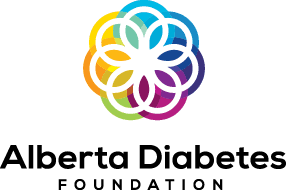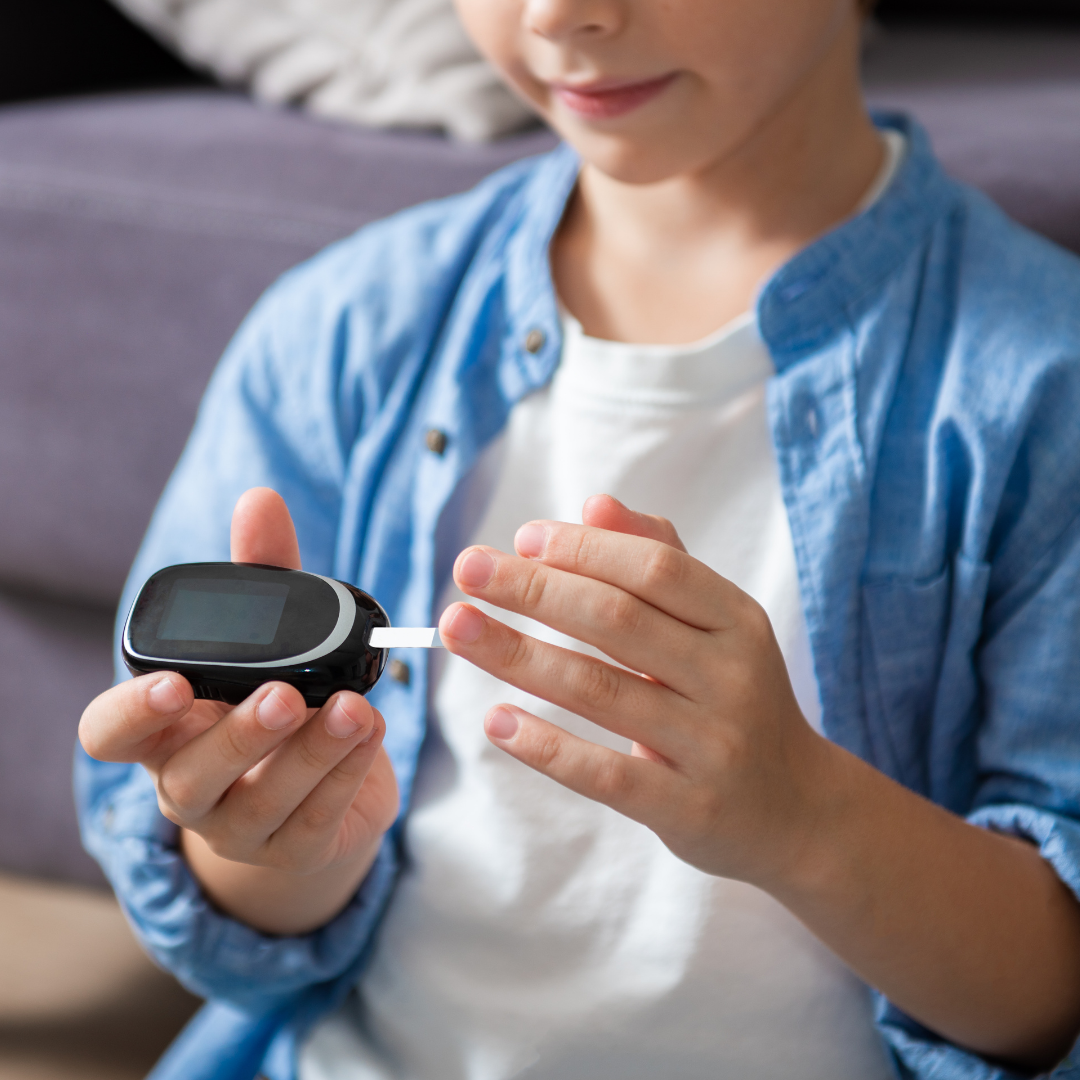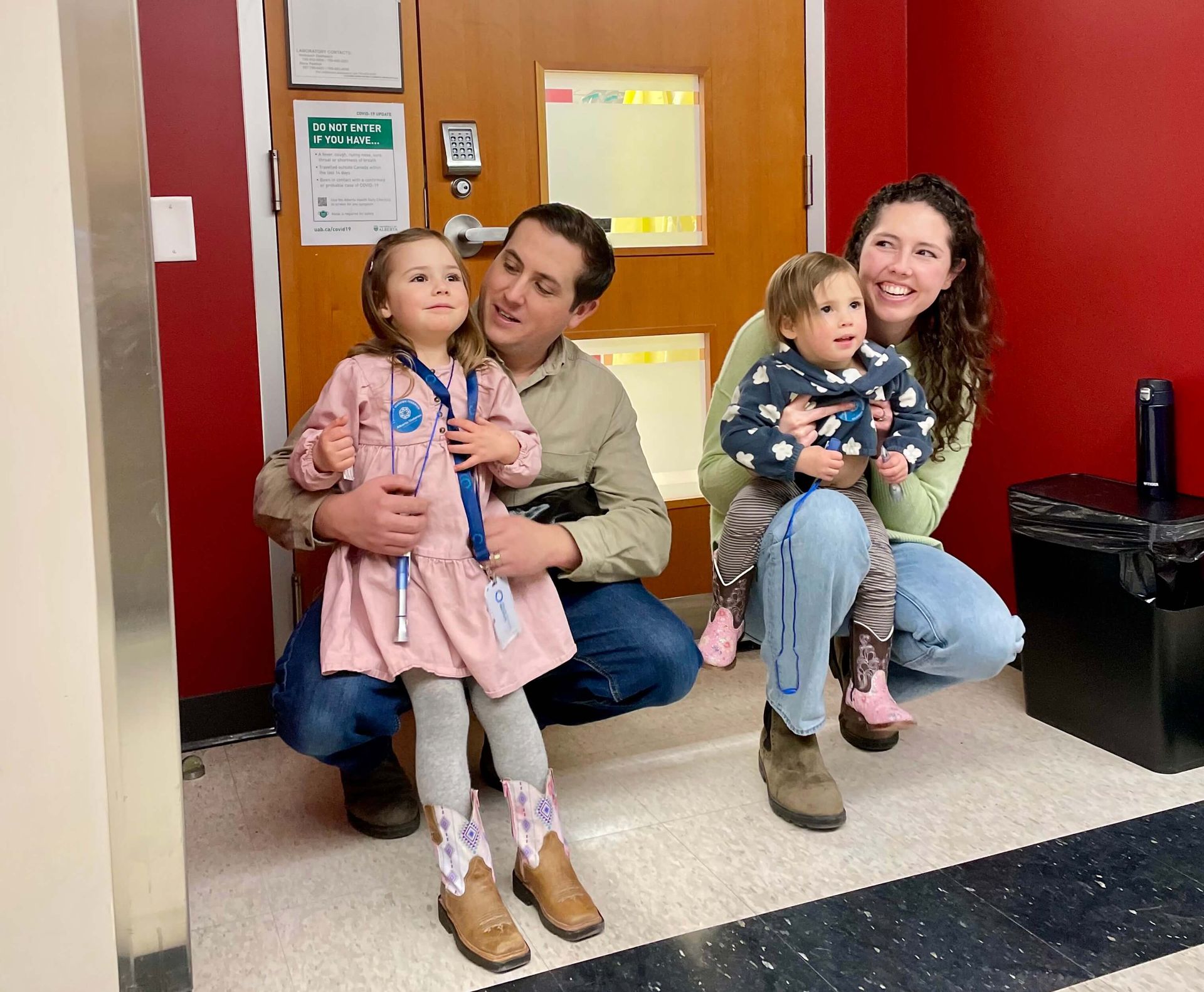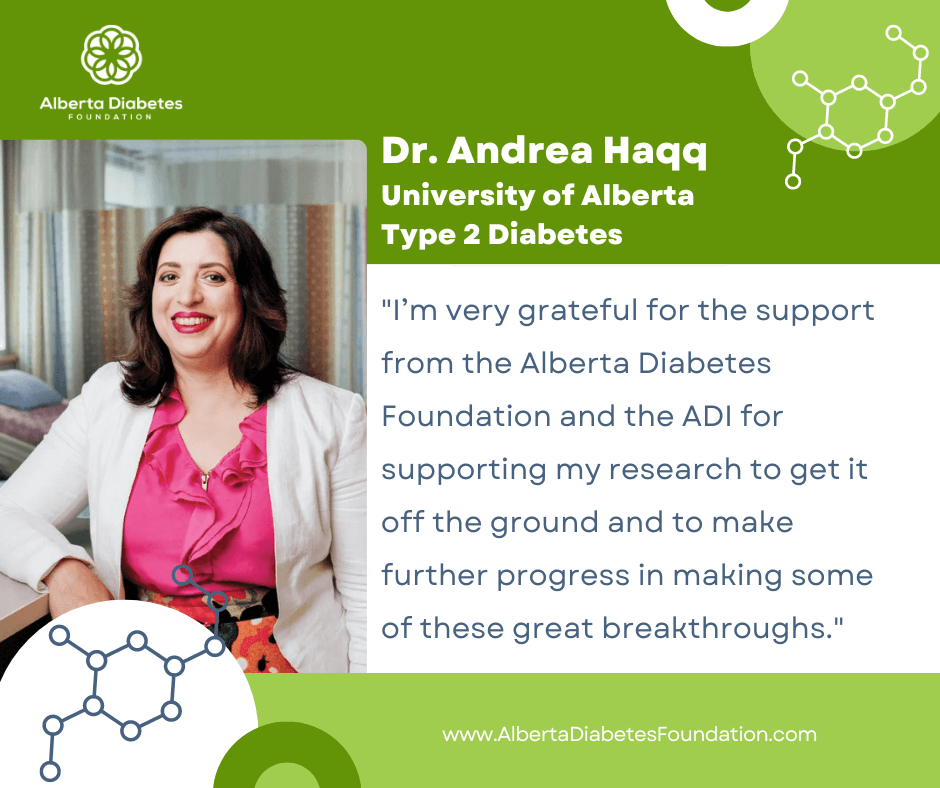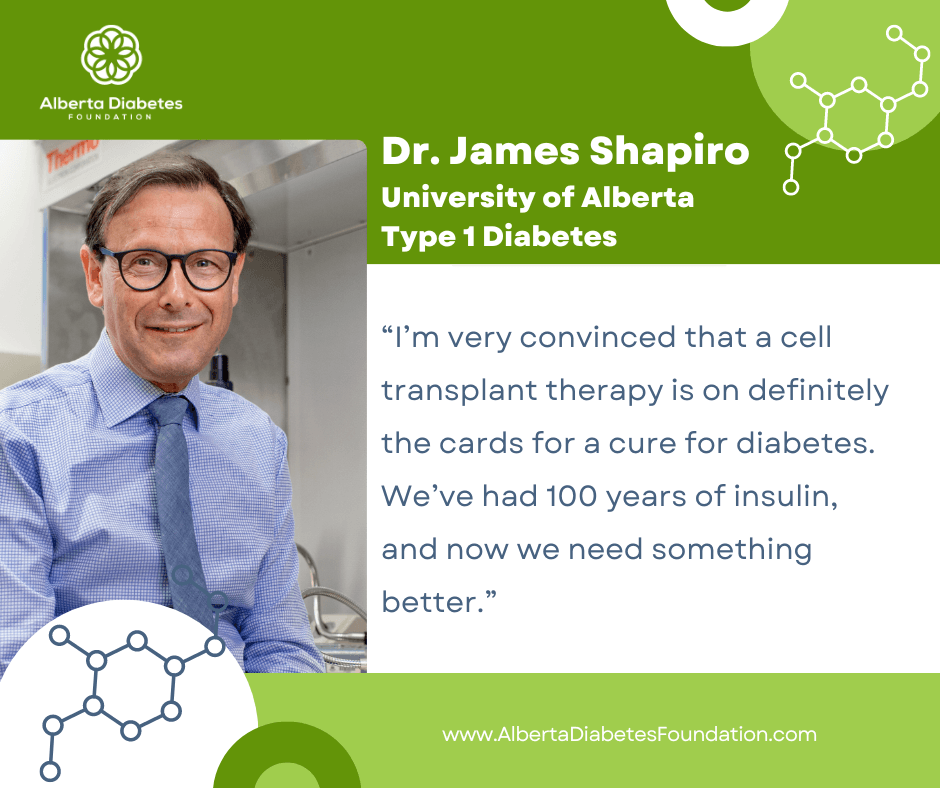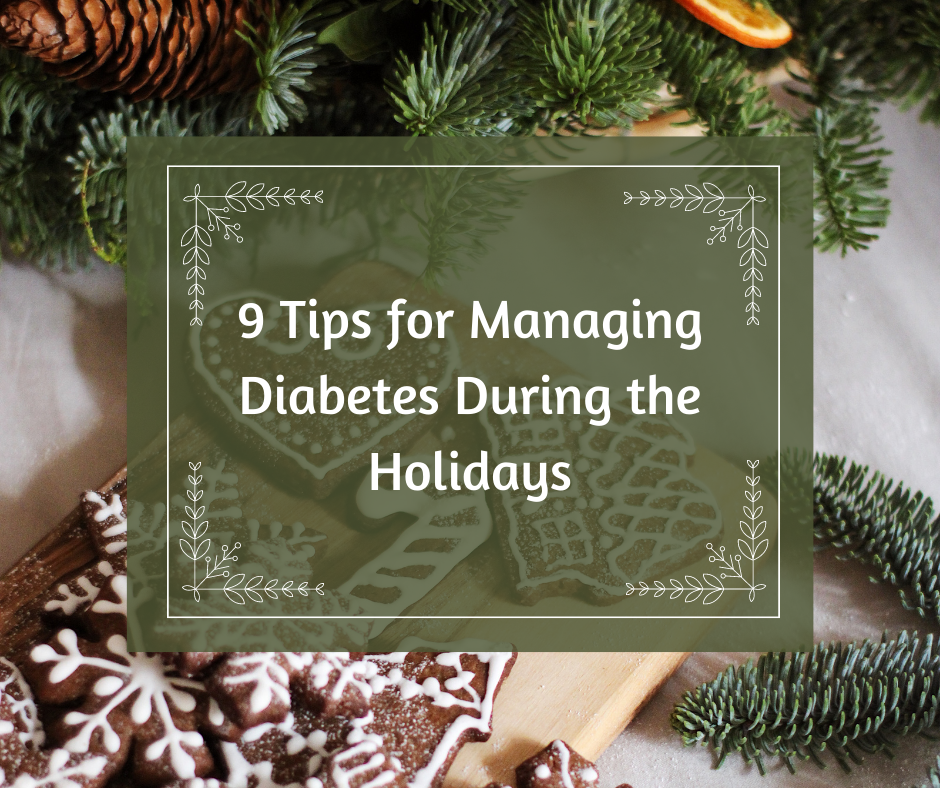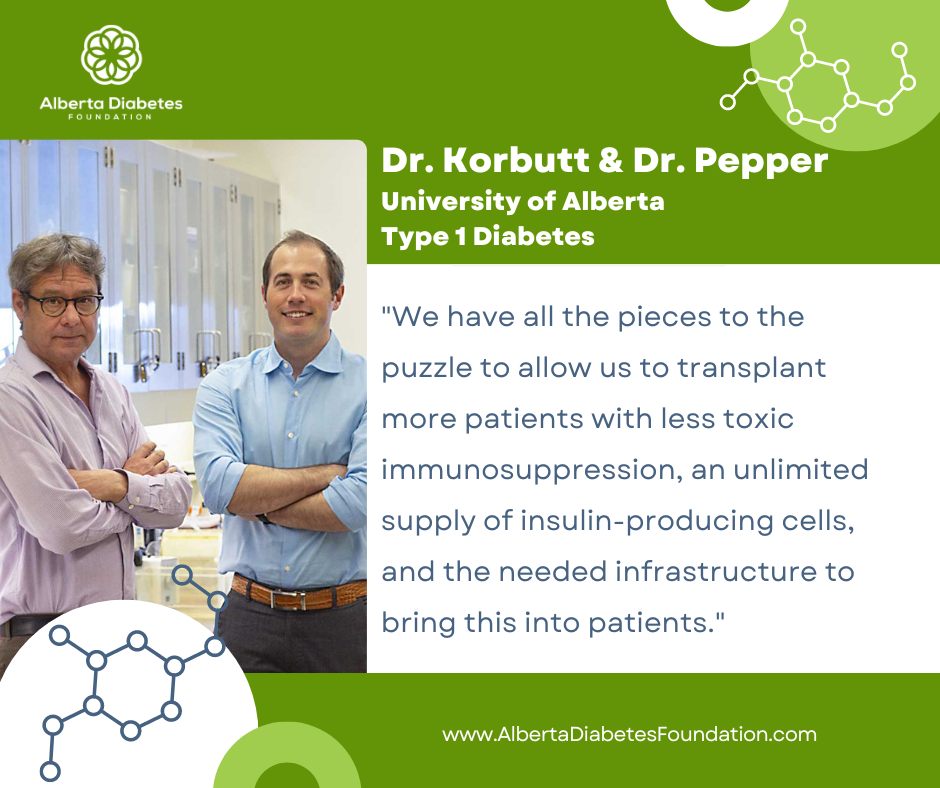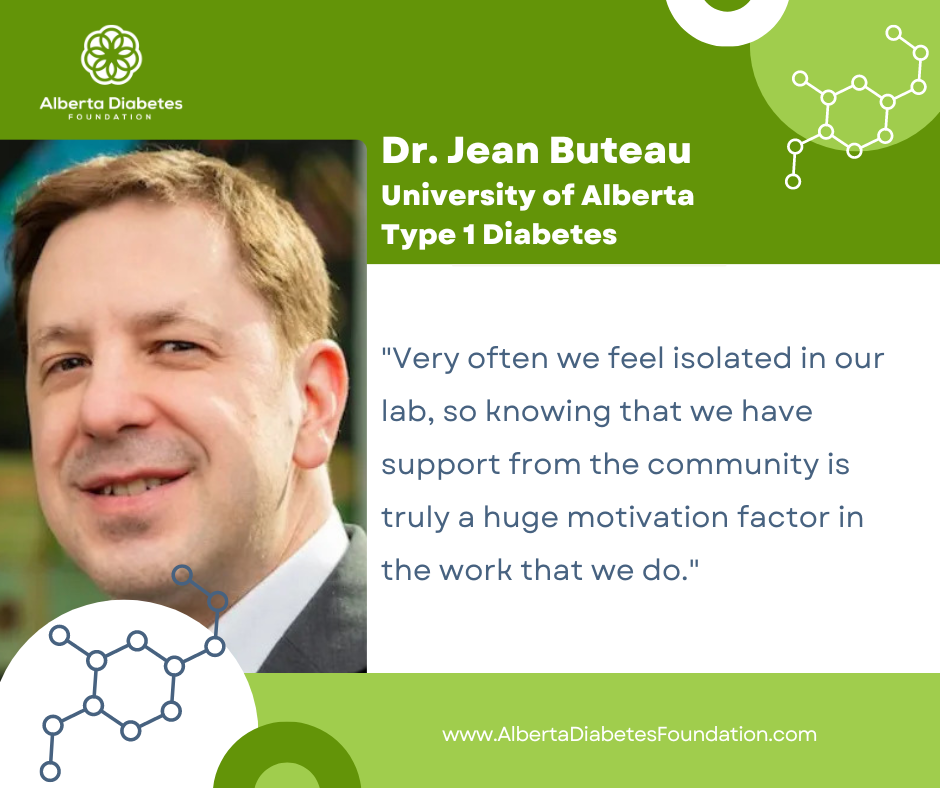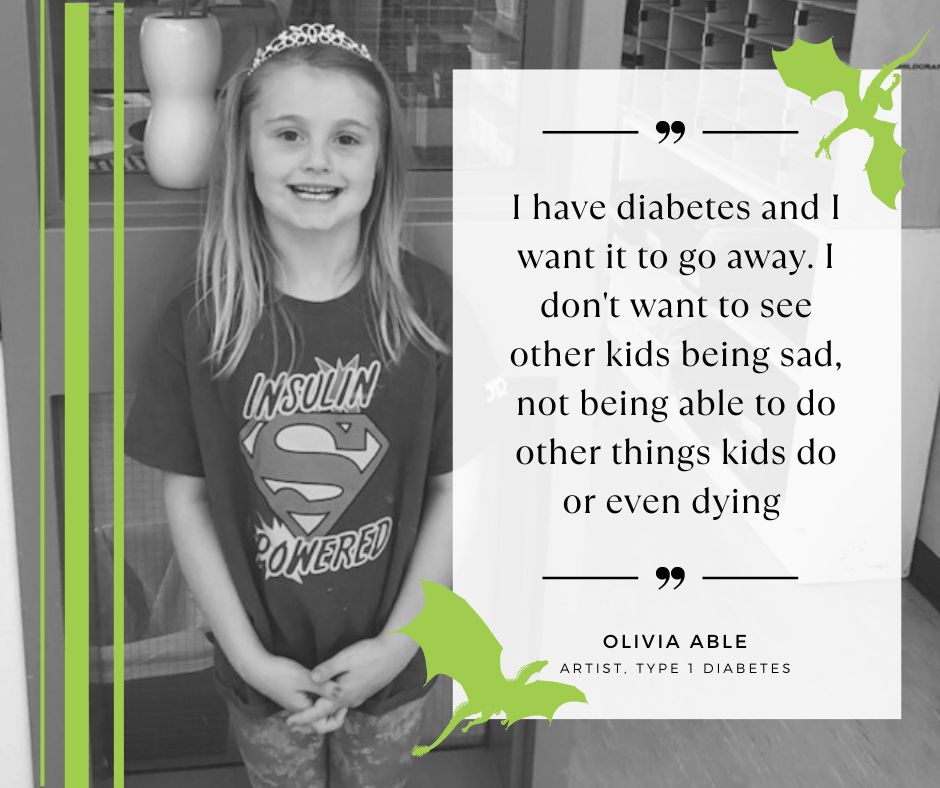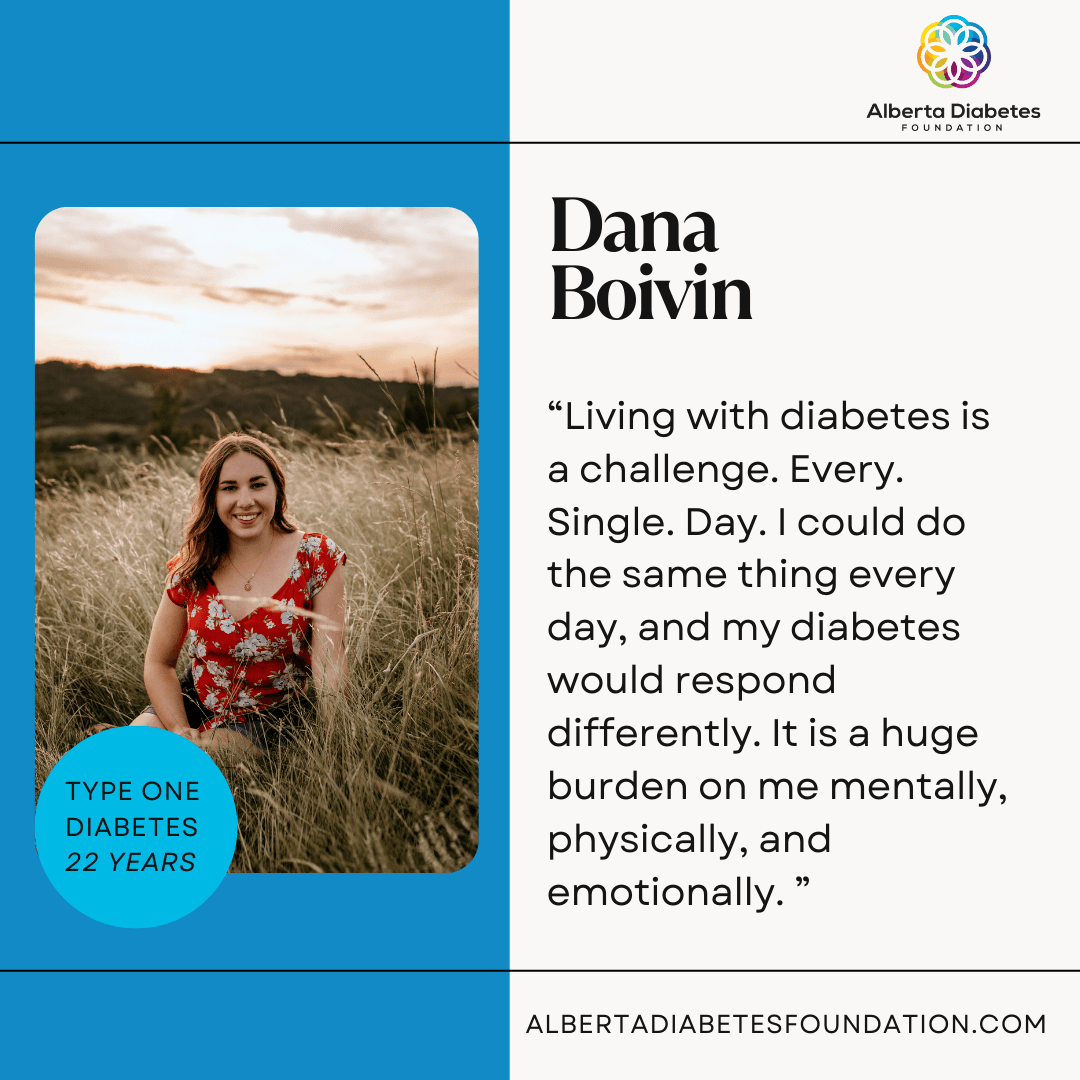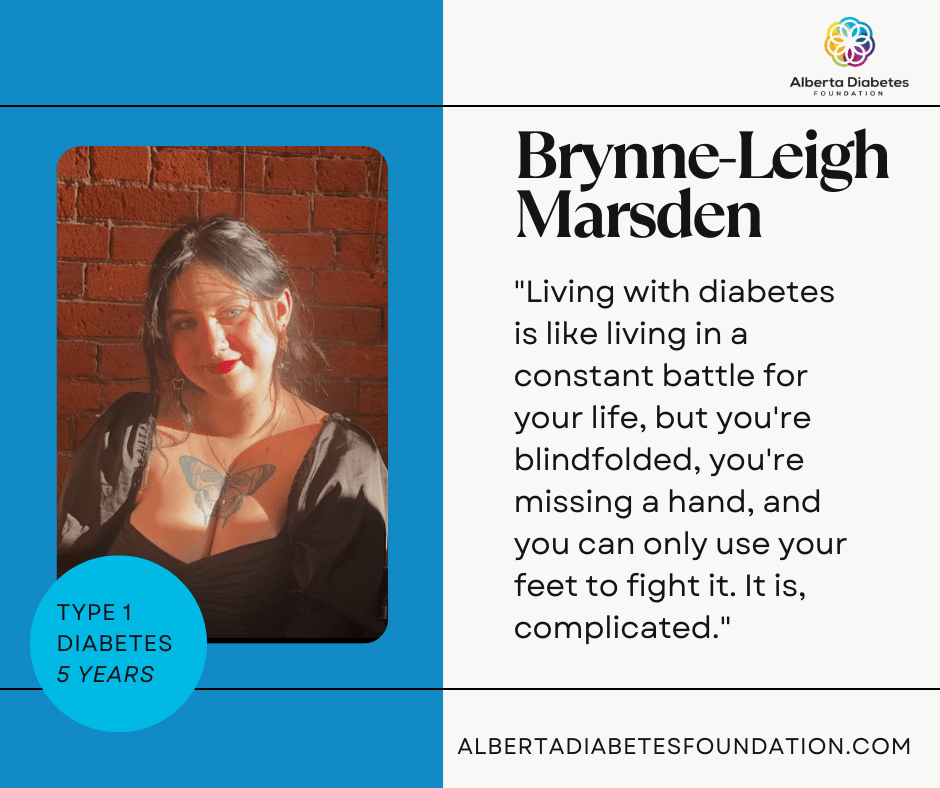Diabetes in Real Life: Mark Chanasyk
Mark's Life with Diabetes

At nine and a half years old, Mark Chanasyk realized he was sick. Not sick with something simple, like a cold, but something serious. It had been months since he'd last felt normal. He was drinking more water than ever but had never been so thirsty. He was in and out of the bathroom, peeing all the time. As a very active kid, regularly running 5km with his running club, Mark was frustrated when he could only push his body through 1km before needing to stop. Eventually, Mark couldn't even find the energy to play his piano. "The last straw," Mark remembers, "was needing to sit down to empty the dishwasher." Rather than joining his family on their summer vacation to BC, Mark and his mother went to the emergency room. After a blood glucose reading of 44 mmol/L, Mark was admitted to the Grey Nuns Hospital, where he was diagnosed with type 1 diabetes.
"[Diabetes] is like constantly playing a game, some days you're winning, and sometimes you're losing and just need to make the best of it whenever you can."
The learning curve for Mark and his family was steep. Once someone is diagnosed with diabetes, they must learn how to count carbohydrates, how to dose insulin, how to treat hyperglycemia and hypoglycemia, how activity will affect blood sugar levels, and how to administer insulin. Everybody diagnosed with type 1 diabetes must learn how to keep themselves alive. Mark remembers learning to give himself needles was difficult. "When I was being trained to do injections, the nurse couldn’t find an orange, so I was stabbing a Kleenex box, and literally stabbing, not even close to how it is supposed to be done.”
Despite the everyday challenges people with diabetes face, Mark works hard to see his diabetes as a mere nuisance rather than a crippling disease. Mark explains it is “so easy to let the unrelenting pressure and constant awareness cripple me, but I need to work with it rather than against it… it is like constantly playing a game, some days you're winning, and sometimes you're losing, and you just need to make the best of it whenever you can.”
To fight off the overwhelming feelings of life with diabetes, Mark likes to remember the more amusing moments of his life with diabetes. While he's recovering from hypoglycemia, Mark's antics have made him the butt of many jokes. Mark remembers one time he went low while training as a camp counsellor. "I missed the morning staff meeting but wandered into the dining hall before any campers were up. One of the counsellors was upset at me for my very inappropriate attire - I was walking in my boxers, an undershirt, and a pair of boxers on my head...” Mark’s wife always finds the remnants of nighttime lows amusing: empty juice boxes, straw wrappers, and half-finished snacks piled next to the bed or on the kitchen counter. Sometimes Mark remembers in the morning, and sometimes he can't.
Hypoglycemia, or low blood sugar, can be a dire medical emergency, and it is one of the more terrifying complications of diabetes. It happens when there is not enough sugar, or glucose, in the blood. Because glucose is the primary energy source for much of the body, the body and brain cannot function properly when those levels are low. Symptoms of hypoglycemia can include feeling shaky, light-headed, nauseous, nervous, irritable, confused, unable to concentrate, hungry, increased heart rate, headachy, weak, or drowsy. In severe cases, symptoms include disorientation, loss of consciousness, and seizure; if left untreated, hypoglycemia will kill.
Mark isn't the only one with type 1 diabetes in his family. Mark's son, Noah, also has diabetes. It was a difficult day for the family, especially for Mark, as he knew what was coming for his son. "I've never cried as hard as when I was driving to meet my wife and son at the Stollery to confirm his diagnosis.” Mark explains, “having a child with Type 1 adds a new dimension. Prior to his diagnosis, my diabetes was my diabetes, I didn't let it affect my family, but now I need to be a role model and need to be an advocate for my son.”
“A cure would be freedom.”
The improvements in diabetes care and management have been substantial during Mark's life. He clearly remembers "going to the [pharmacy] on 124th street in Edmonton with our shopping list of everything needed and paying $350 for the One Touch II that took 45 seconds [to read my blood sugar] and needed 45mL of blood! The changes in technology are mind-boggling, and I can't wait to see what is next!” However, a cure would be life-changing for Mark, Noah, and their family. Mark explains a cure would be "Like this incredible weight is lifted. It’s just this weight to walk around with and always be worried about where I’m at and dealing with the consequences of choices, good or bad.” Mark knows, “a cure would be freedom.”
Thank you so much, Mark, for sharing your story with Alberta Diabetes Foundation. Every day, ADF thinks of families like yours while we raise funds to support diabetes research. We know one day, we will have a world without diabetes.
LET'S WORK TOGETHER TO FIND A CURE.
VISIT US
1-020 Li Ka Shing Centre
University of Alberta
Edmonton, AB, T6G 2E1
Office Hours
Monday-Friday 8:30-4:00
If you would like to set up an appointment at our office, please set up an appointment by contacting us at
info@abdiabetes.com
